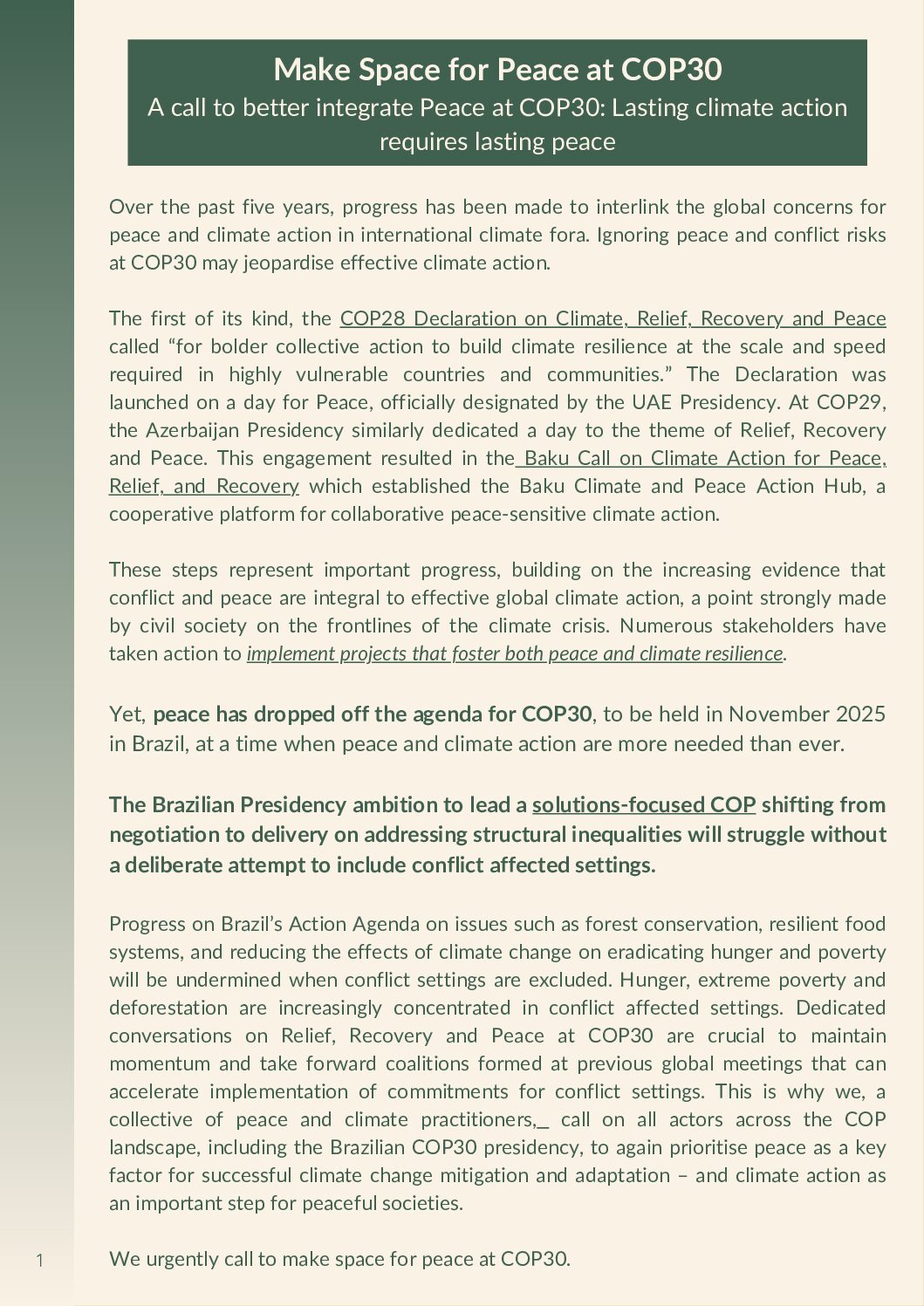Search for Common Ground implemented Women in Learning and Leadership (WILL): Strengthening Women’s Voice and Participation in Political Decision Making in Sri Lanka from January 2020 to July 2022, with funding from the European Union. The project was implemented in partnership with the Federation of Sri Lankan Local Government Authorities (FSLGA), Affected Women’s Forum (AWF), Women’s Resource Centre (WRC), Women Development Centre, and Women’s Development Centre to strengthen Sri Lankan women’s voices in political decision-making at all levels.
Context
Women’s political participation in Sri Lanka has seen powerful growth since the end of the decades-long civil war in 2009. In 2016, an amendment to local electoral law was passed, reserving 25% of all seats to women. The introduction of this quota has had immediate and visible results: in the 2018 local elections, over 2,000 women were elected, and over 17,000 women candidates ran out of over 56,000 candidates. For comparison, in 2011, just 82 women were elected. While the amendment is an important cause for celebration, laws alone are not enough to ensure normative change. Organizations, local leaders, and communities can play a role by tackling the driving cultural factors of exclusion and discrimination. Building on previous phases of WILL programming in Sri Lanka, this project aimed to address this challenge and to support the Government of Sri Lanka in its commitment to achieving the Sustainable Development Goals (SDGs), including SDG 5’s objective to “ensure women’s full and effective participation and equal opportunities for leadership at all levels of decision-making in political, economic and public life.”
Theory of Change
IF local women civil society organization (CSO) leaders and locally elected women leaders increase their capacity to participate in decision-making in a way that is more accountable to their local constituencies; IF elected women leaders enhance their collaboration with their local communities; IF the local media actors increase their capacity to challenge negative stereotypes and enable positive attitudes towards women’s role in decision making; andI IF the public is aware of the positive role women can play in policy decision-making and democratic processes, THEN local women organizations and locally elected women leaders can improve their effective participation in local policy decision making and in the overall democratic processes.
Core Objectives & Activities
The objective of the project was to increase effective participation of local women organizations and locally elected women leaders in local governance processes. Search and our partners achieved this objective by engaging elected women leaders, CSO women leaders, and journalists in Ampara, Badulla, Jaffna, and Kurunagala. We conducted trainings for women CSO leaders and elected women leaders, local WILL club meetings, district and national networking and advocacy events, dialogues between elected women leaders and their constituents and local journalists, and a media campaign with fellowships, radio programs, and social media.
Results Achieved
- The project strengthened the capacity of 255 women leaders and trained 57 media personnel on issues affecting women. The final evaluation survey results showed that 95 percent of women CSO leaders and 89 percent of elected women leaders perceived that their own knowledge and skills in areas covered by the training sessions have increased.
“When I started my political career, I did not have much education. My political career began as a member of the Local Government – Village Council (Kirama Saba), and along the way, I have been learning and improving my skills and knowledge. The training I received indeed helped me vastly to become a successful leader. It is not possible to become a good leader without learning about leadership. If every woman politician goes through this kind of leadership training and gets empowered there is absolutely no need for a quota system for women to enter politics. Instead with the adequate knowledge gained we can certainly serve the people”. – Elected Women Leader, Kurunegala District
- 100 elected women leaders gained leadership, managerial, or decision making positions in local governance structures during the project period. More than 90% of the testimonies of the elected women leaders confirmed that such knowledge, skills and experience namely leadership, project development, needs analysis, communication, leadership, and presentation skills were among the skills gained from the project and boosted their motivation and courage to pursue and secure representation in committees.
- 24 WILL Clubs were established across the four target districts for elected women leaders, CSOs, and journalists to coordinate and network. The final evaluation found the WILL Clubs to be a key aspect of the sustainability of the project, and 90 percent of elected women leaders attributed sustainable learning and exchange via WILL Clubs to be a factor that facilitated their effective participation in local governance processes.
- As a result of this collaboration, elected women leaders intended to continually consult with their constituents about their problems and needs, and developed action-oriented plans and recommendations, based on the priority issues and needs of the community. As a result, a total of 35 action-oriented recommendations, public statements, and plans were presented in the council which were produced by the elected women in collaboration with constituents, community leaders and CSOs.
‘’In local government authorities, they don’t include women in some important committees like health, finance and cultural committees. As far as they are concerned, women were selected to the council through bonus lists. We didn’t know that we also have equal rights in every aspect. The WILL project made us realize our equal rights. After that, we demanded the council to include women in all important committees and succeeded.” – Elected Women Leader, Ampara District
- Throughout the course of the project, the targeted journalists produced a total of 51 media materials reaching 4,015,159 people across various platforms with success stories of elected women leaders written in either Sinhala or Tamil.
- In the final evaluation survey, 96 percent of elected women leaders and 98 percent of women CSO leaders responded that their perception regarding gender changed after taking part in the project.
This two-year project is funded by the European Union.

